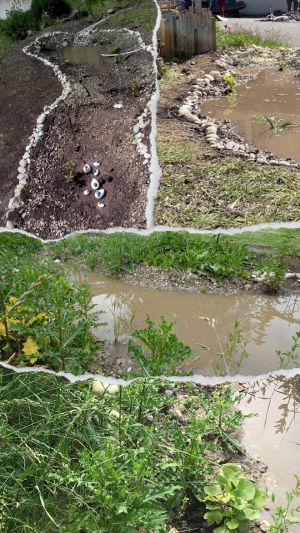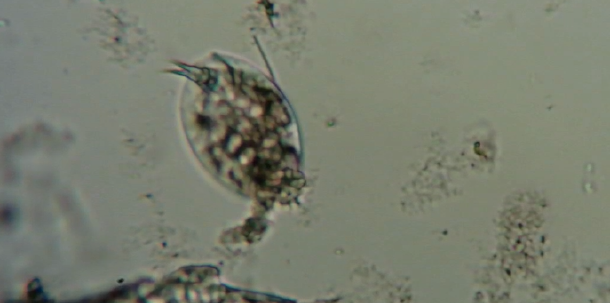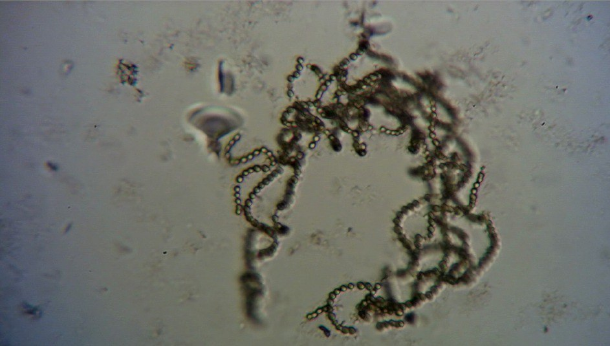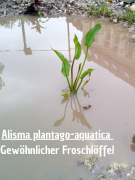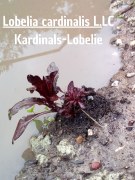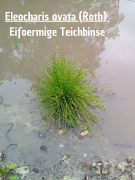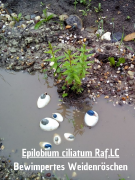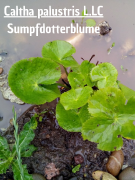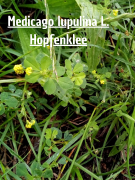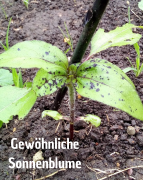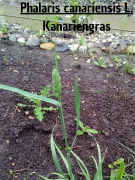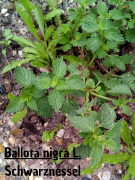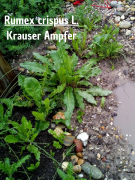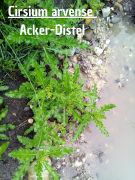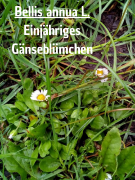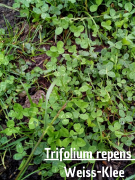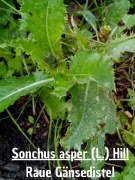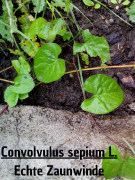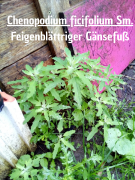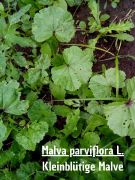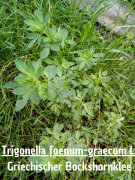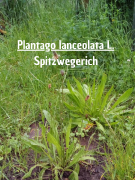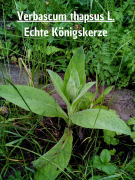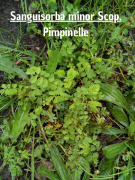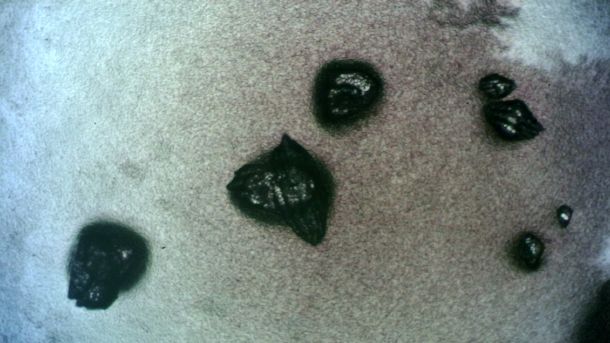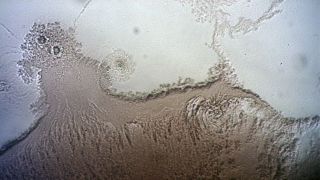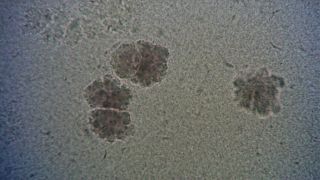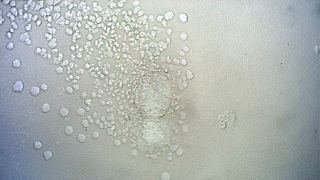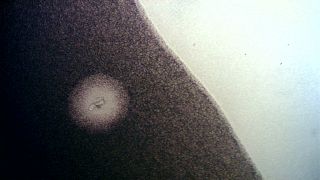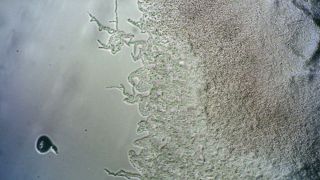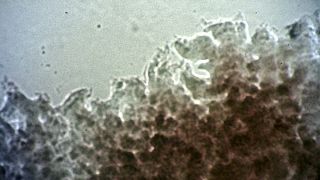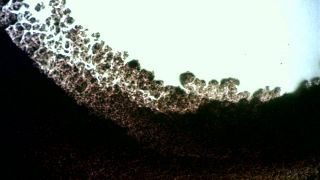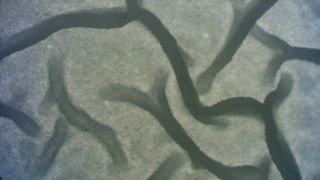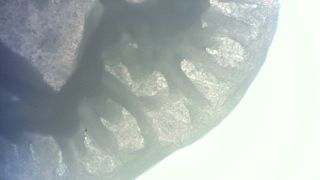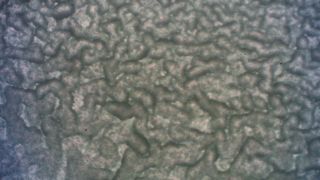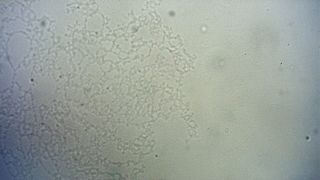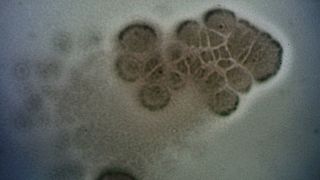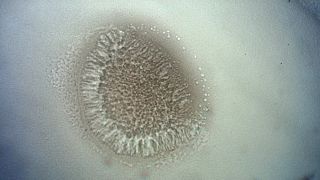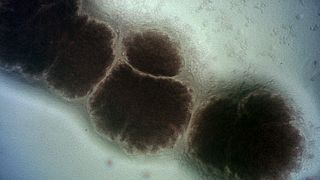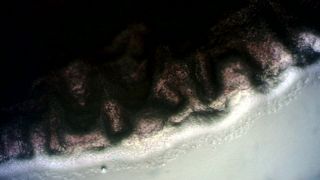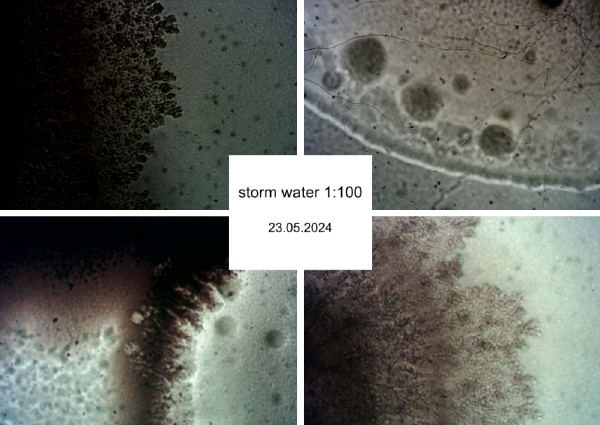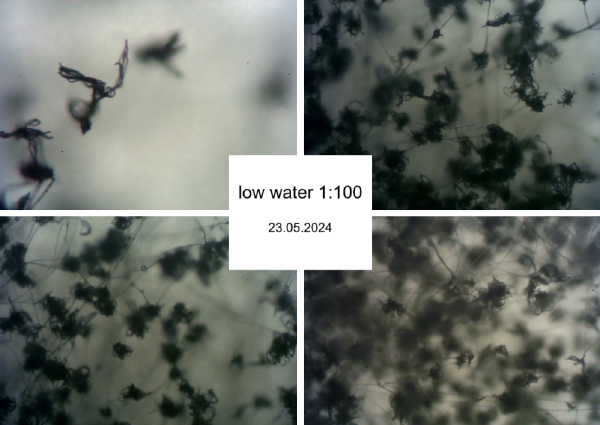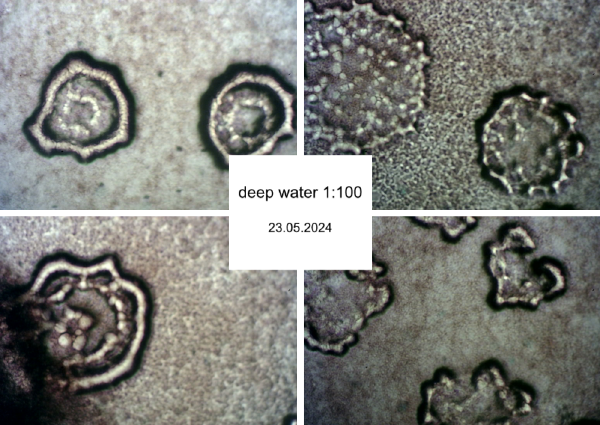No edit summary |
No edit summary |
||
| (20 intermediate revisions by the same user not shown) | |||
| Line 3: | Line 3: | ||
'''Tech solution:''' To bring this concept to life, a combination of cinematography techniques and microscopy techniques to capture high-resolution footage of microalgae in their natural habitats will be used. As editing software will be used adobe aftereffects or sony vegas. + biolab, microscope, camera | '''Tech solution:''' To bring this concept to life, a combination of cinematography techniques and microscopy techniques to capture high-resolution footage of microalgae in their natural habitats will be used. As editing software will be used adobe aftereffects or sony vegas. + biolab, microscope, camera | ||
'''References: | '''References:''' https://www.youtube.com/watch?v=Mirkm3yuUdU | ||
[[File: | |||
== 25 April 2024 & 25 Juni 2024 == | |||
[[File:2 Monate Unterschied.png|center|thumb|Only 2 months difference]] | |||
== Pond biodiversity - 23.06.2024 == | |||
Location: Weimar, Campus Garden, pond | |||
Date: 23.06.2024[[File:Rotifera.png|center|thumb|610x610px|Lepadella ovalis rotifer infested by parasites from pond water (23.06.24)]]Lepadella rotifers, along with other microorganisms, participate in breaking down fish feces and leftover food, thereby contributing to water purification. Interesting about these microscopic animals: some rotifers are capable of entering into extended cryptobiosis and can remain in this state for thousands of years. | |||
[[File:Nostoc microscopicum.png|center|thumb|610x610px|Nostoc, thread-like colony of cells from pond water (23.06.24) ]] | |||
They play a very important role locally in protecting soils against wind and water erosion and dehydration. | |||
== Pond plant diversity - 03.06.2024 == | |||
<gallery mode="packed-overlay"> | |||
File:Gewöhnlicher Froschlöffel.png | |||
File:Kardinals-Lobelie.png | |||
File:Teichbinse.png | |||
File:Bewimpertes Weidenröschen.png | |||
File:Sumpfdotterblume.png | |||
File:Hopfenklee.png | |||
File:Gewöhnliche Sonnenblume.png | |||
File:Kanariengrass.png | |||
File:Ballota nigra L. Schwarznessel.png | |||
File:Krauser Ampfer.png | |||
File:Sumpfdotterblume.png | |||
File:Ackerdistel.png | |||
File:Einjähriges Gänseblümchen.png | |||
File:Weissklee.png | |||
File:Raue Gänsedistel.png | |||
File:Echte Zaunwinde.png | |||
File:Feigenblättriger Gänsefuß.png | |||
File:Malve.png | |||
File:Griechischer Bockhronsklee.png | |||
File:Spitzwegerich.png | |||
File:Echte Königskerze.png | |||
File:Pimpinelle.png | |||
</gallery> | |||
== Samples - 30.05.2024 == | |||
Control sample with destil water was contaminated: | |||
[[File:Destil watercontrol sample.jpg|center|thumb|610x610px]] | |||
Deep water: 1:100 (1-3), 1:1000 (4-5), 1:10000 (6-7) | |||
<gallery mode="packed-overlay"> | |||
File:Deep water 1-100 30.05.24.jpg | |||
File:Deep water 1 100 30 05 24 1.jpg | |||
File:Deep water 1 100 30 05 24 2.jpg | |||
File:Deep water 1 1000 30 05 24.jpg | |||
File:Deep water 1 1000 30 05 24 1.jpg | |||
File:Deep water 1 10000 30 05 24 1.jpg | |||
File:Deep water 1 10000 30 05 24 2.jpg | |||
</gallery>Storm water: 1:100 (1-3), 1:1000 (4)<gallery mode="packed-hover"> | |||
File:Storm 1-100 30.05.24.jpg | |||
File:Storm 1-100 30.05.24 2.jpg | |||
File:Storm 1 100. 30.05.24 3.jpg | |||
File:Storm water 1 1000 30 05 24.jpg | |||
</gallery>Low water: 1:100 (1-3), 1:1000 (4)<gallery mode="packed-hover"> | |||
File:Low water 1-100 30.05.24.jpg | |||
File:Low water 1-100 30.05.24 2.jpg | |||
File:Low water 1-100 30.05.24 3.jpg | |||
File:Low water 1-1000 30.05.24.jpg | |||
</gallery> | |||
== Samples - 23.05.2024 == | |||
storm water | |||
[[File:Storm water.jpg|center|thumb|600x600px]] | |||
low water sample was contaminated | |||
[[File:Low.jpg|center|thumb|600x600px]] | |||
deep water | |||
[[File:Deep .jpg|center|thumb|600x600px]] | |||
Latest revision as of 19:26, 1 July 2024
Idea: A short documentary film, which explores the biodiversity of a self-constructed pond. The documentary highlights various species of plants and insects, microorganisms in their habitat.
Tech solution: To bring this concept to life, a combination of cinematography techniques and microscopy techniques to capture high-resolution footage of microalgae in their natural habitats will be used. As editing software will be used adobe aftereffects or sony vegas. + biolab, microscope, camera
References: https://www.youtube.com/watch?v=Mirkm3yuUdU
25 April 2024 & 25 Juni 2024
Pond biodiversity - 23.06.2024
Location: Weimar, Campus Garden, pond
Date: 23.06.2024
Lepadella rotifers, along with other microorganisms, participate in breaking down fish feces and leftover food, thereby contributing to water purification. Interesting about these microscopic animals: some rotifers are capable of entering into extended cryptobiosis and can remain in this state for thousands of years.
They play a very important role locally in protecting soils against wind and water erosion and dehydration.
Pond plant diversity - 03.06.2024
Samples - 30.05.2024
Control sample with destil water was contaminated:
Deep water: 1:100 (1-3), 1:1000 (4-5), 1:10000 (6-7)
Storm water: 1:100 (1-3), 1:1000 (4)
Low water: 1:100 (1-3), 1:1000 (4)
Samples - 23.05.2024
storm water
low water sample was contaminated
deep water
